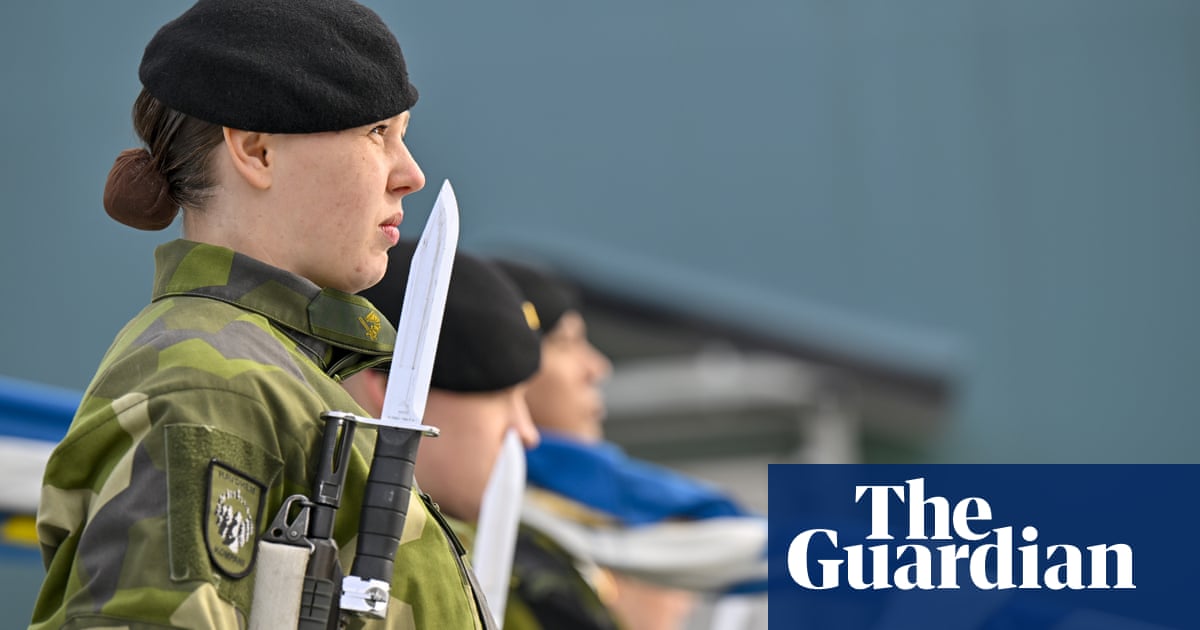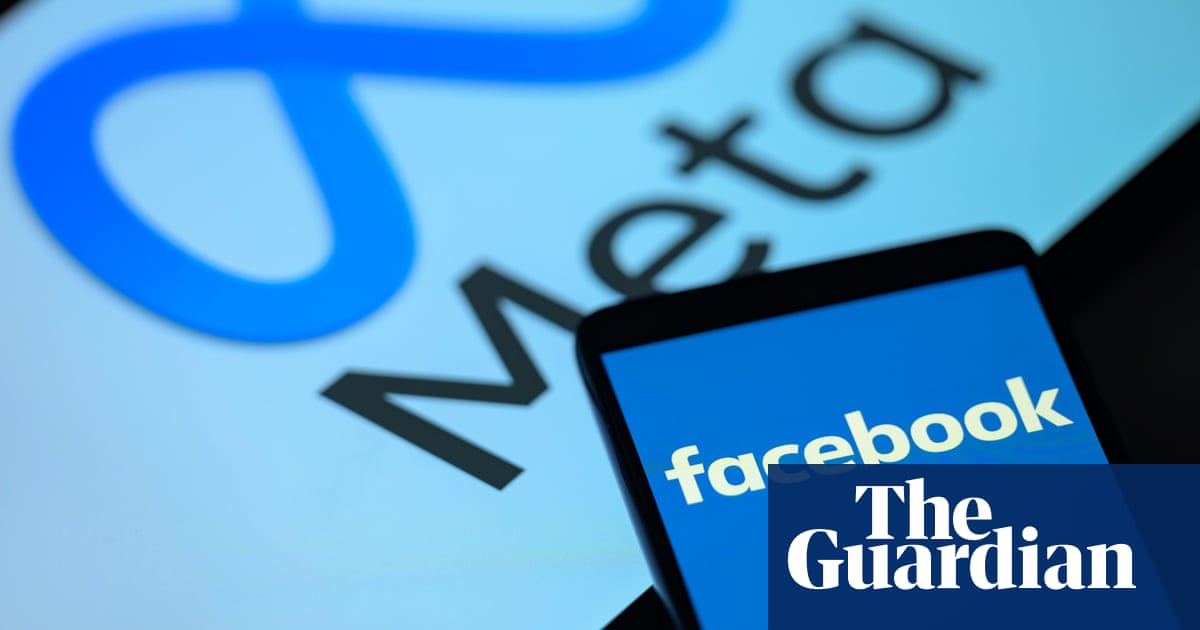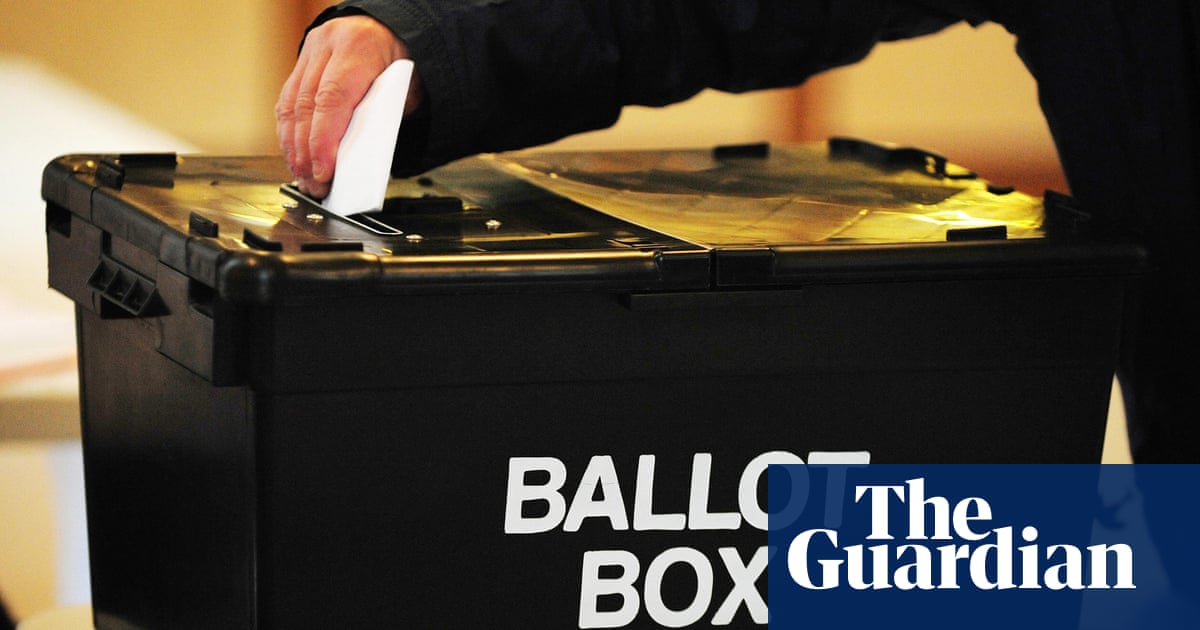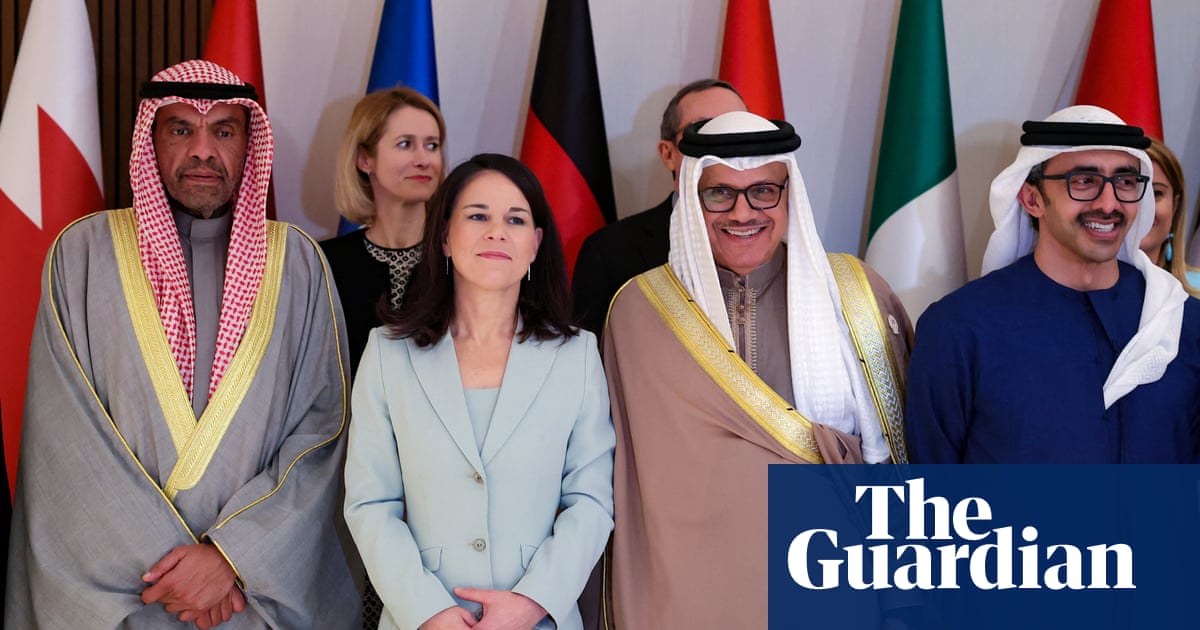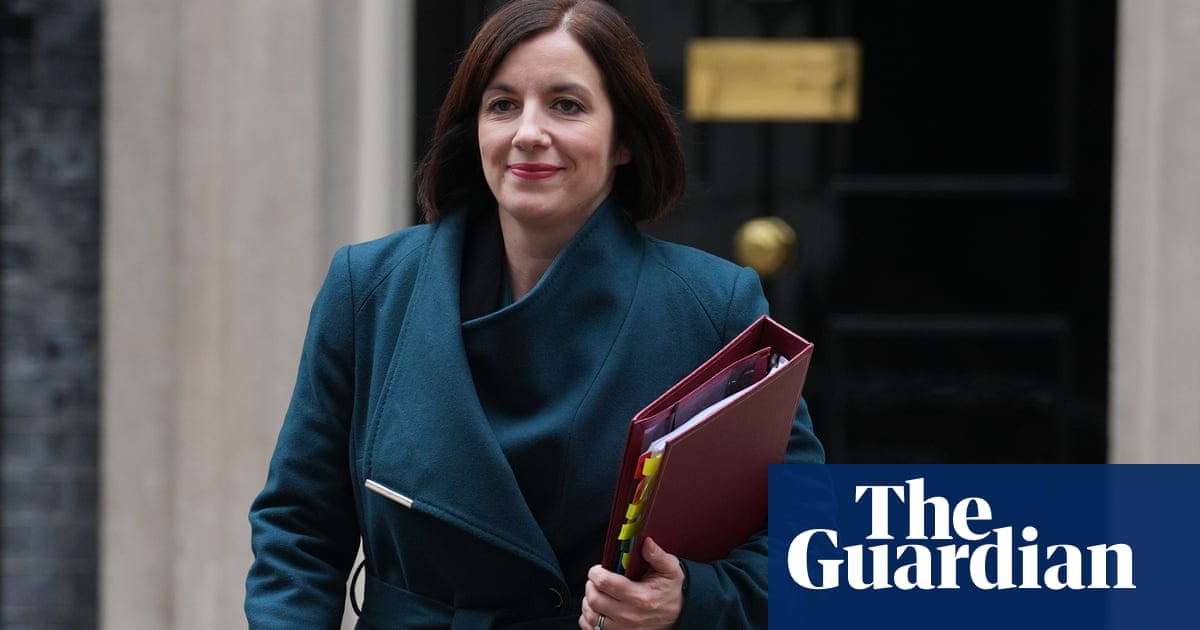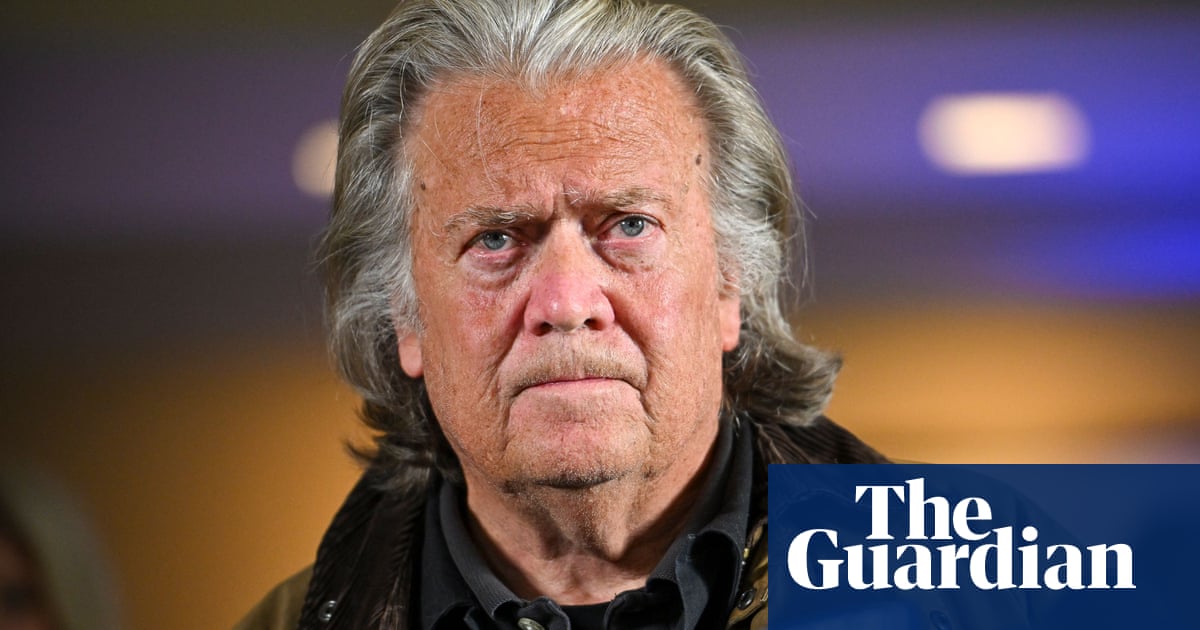-
Nato is highly unlikely to heed Ukraine’s call for a membership invitation at a meeting on Tuesday, diplomats have told the Reuters news agency. “It will take weeks and months to get consensus,” a senior Nato diplomat said on Monday, Reuters reported. “I don’t see that happening tomorrow, I would be very surprised.” The US secretary of state, Antony Blinken, will be in Brussels on Tuesday and Wednesday for the probably last high-level Nato foreign ministers’ meeting before Donald Trump takes over from Joe Biden as president.
-
In a letter to his Nato counterparts ahead of the meeting, the Ukrainian foreign minister, Andrii Sybiha, said an invitation would remove one of Russia’s main arguments for waging its war – namely, preventing Ukraine from joining the alliance. Ukraine’s president, Volodymyr Zelenskyy, has started pushing in recent days for the free part of Ukraine to be placed under the “Nato umbrella” to end the fighting, saying he would then seek the return of Russian-occupied territory through diplomatic means.
-
The British prime minister, Keir Starmer, said on Monday that stepping up support for Ukraine was essential to put it in the strongest position for peace talks as he conceded in the clearest terms that there could be a negotiated end to the war. “We must continue to back Ukraine and do what it takes to support their self-defence for as long as it takes … to put Ukraine in the strongest possible position for negotiations so they can secure a just and lasting peace on their terms that guarantees their security, independence – and right to choose their own future.” Valentina Matviyenko, the speaker of Russia’s upper legislative house, said on Monday in a pro-Kremlin newspaper that she expects Russian-Ukrainian peace talks next year.
-
The US and Ukrainian defence chiefs on Monday discussed Russia’s use of new ballistic missiles, preparations for the next meeting of arms donors and plans for Washington’s military aid next year, both sides said. The meeting came as the US said it will send Kyiv another $725m of missiles, ammunition, anti-personnel mines and other weapons. The Ukrainian defence minister, Rustem Umerov, said the call also focused on “strategic planning for 2025, particularly regarding the supply of weapons, equipment, and equipping of our units”. Umerov said he and the US defence secretary, Lloyd Austin, discussed preparations for an upcoming meeting of the Ramstein group, an alliance of Nato, the European Union and countries that have supported Kyiv.
-
A Ukrainian military spokesperson told Radio Free Europe/Radio Liberty that Russia has fired at least 60 North Korean-supplied ballistic missiles during the war. “Their accuracy, in principle, is not very high. We understand that the technology with which they were manufactured is outdated,” said Andrii Cherniak, answering questions about the likelihood of Russia’s use of KN-23 ballistic missiles.
-
Germany’s foreign minister, Annalena Baerbock, warned her Chinese counterpart that Beijing’s support for Moscow would impact ties and instead urged China to help end the war in Ukraine. “The Russian president is not only destroying our European peace order through his war against Ukraine, but is now dragging Asia into it via North Korea,” she told a press briefing. “My Chinese counterpart and I have therefore discussed in depth that this cannot be in China’s interest either.”
-
Officials said on Monday that the latest Russian attacks against Ukraine had killed at least four people and injured about two dozen others across multiple regions.
-
Swiss parliamentarians voted on Monday to significantly restrict access to a special temporary protection status granted to Ukrainians since Russia’s full-scale invasion. The lower house accepted, with 96 votes in favour and 87 opposed, a motion from the hard-right Swiss People’s party (SVP) tightening the requirements for Ukrainians seeking special protection in Switzerland, after a similar vote by the upper house earlier this year. A second motion which passed 120-60, will make it easier to crack down on abuses in the system. Switzerland’s government opposed both motions and has said that it will not lift the status until there is lasting stability in Ukraine, and that it is expected to remain in place until at least March 2026.

.png) 1 month ago
13
1 month ago
13




